News
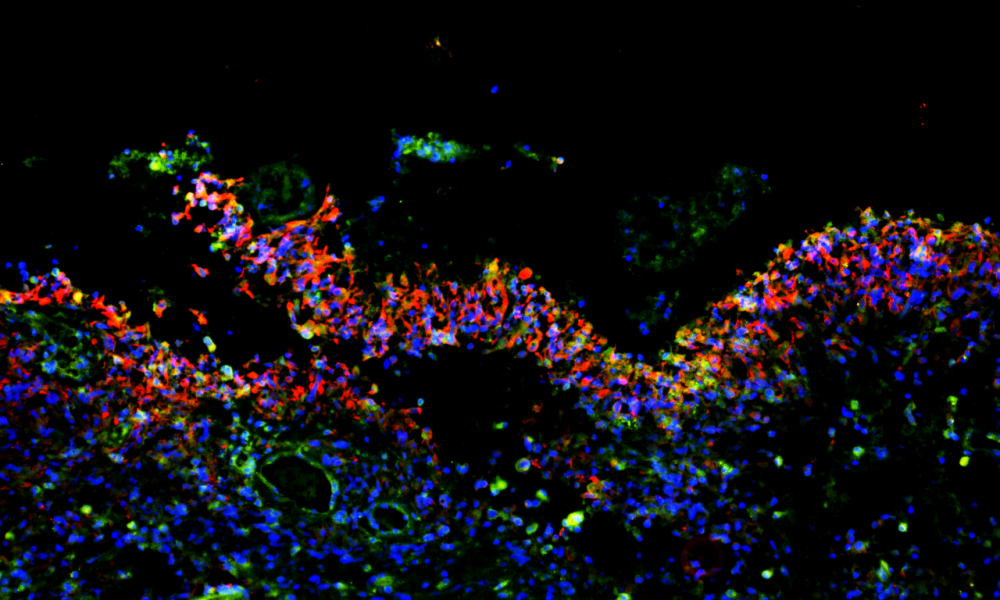
Exploring how patient-derived cancer models capture real tumour features
Researchers from the GSC’s Marra Lab found the genetics and cellular makeup of 3D model systems to be highly reflective of the brain tumours from which they were derived.
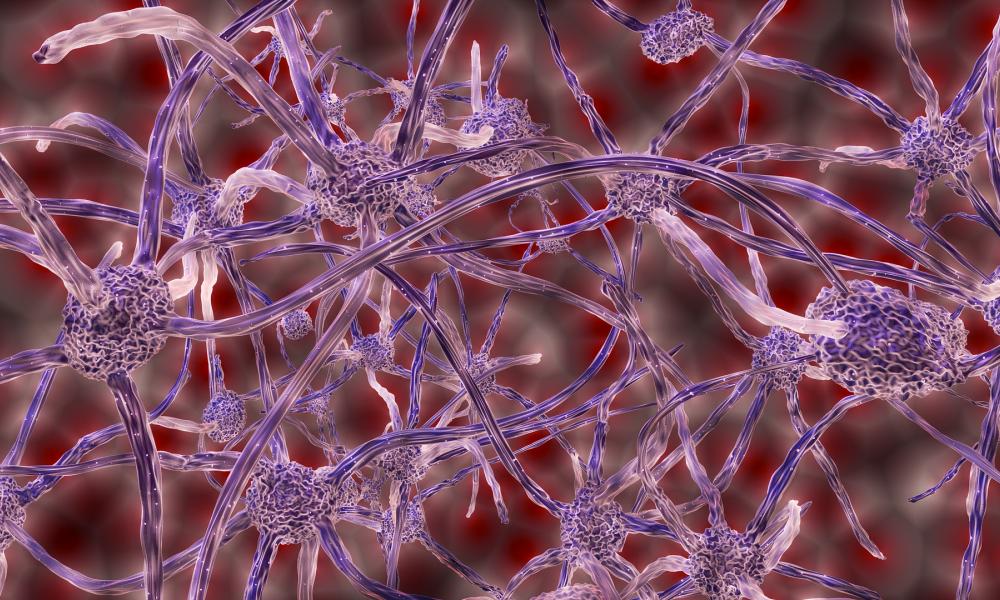
Characterizing transcriptional repressor protein Capicua (CIC) function using a multi-omics approach
Researchers from the lab of Dr. Marco Marra, Director and Distinguished Scientist of the GSC, assess the function of a transcriptional repressor protein using gene knockout.
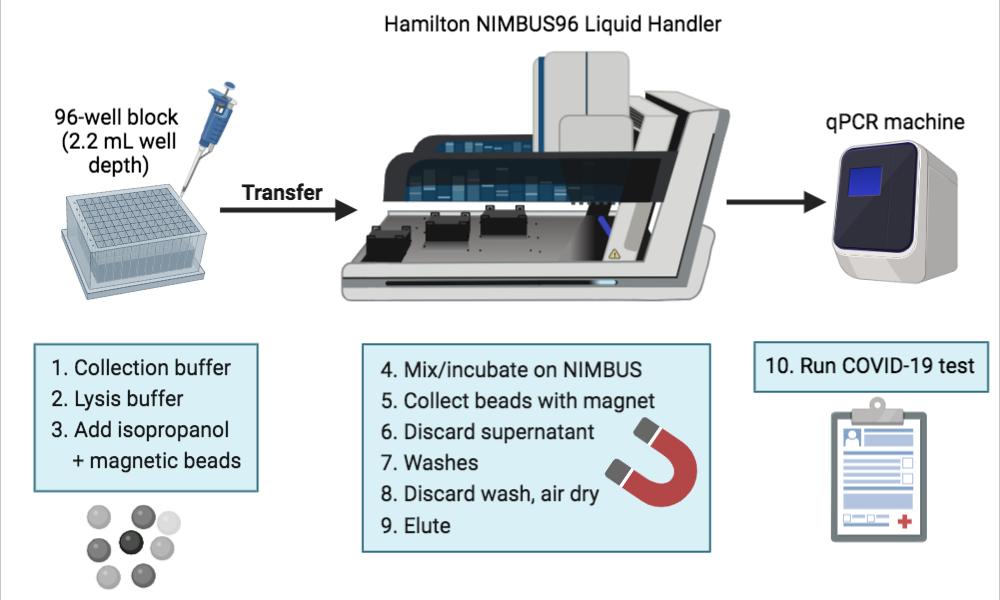
An alternative procedure for extracting nucleic acids for COVID-19 testing
Researchers in British Columbia have developed an optimized new protocol for extracting COVID-19 viral nucleic acids for PCR testing using generic reagents, including magnetic beads, on an open-deck liquid handling robot.

Dr. Marco Marra joins Canada’s Medical Hall of Fame
Today, six outstanding individuals were inducted into the Canadian Medical Hall of Fame. Among them, Dr. Marco Marra, Director of Canada’s Michael Smith Genome Sciences Centre at BC Cancer. Visit the Canadian Medical Hall of Fame website to view the 2020 Induction Ceremony
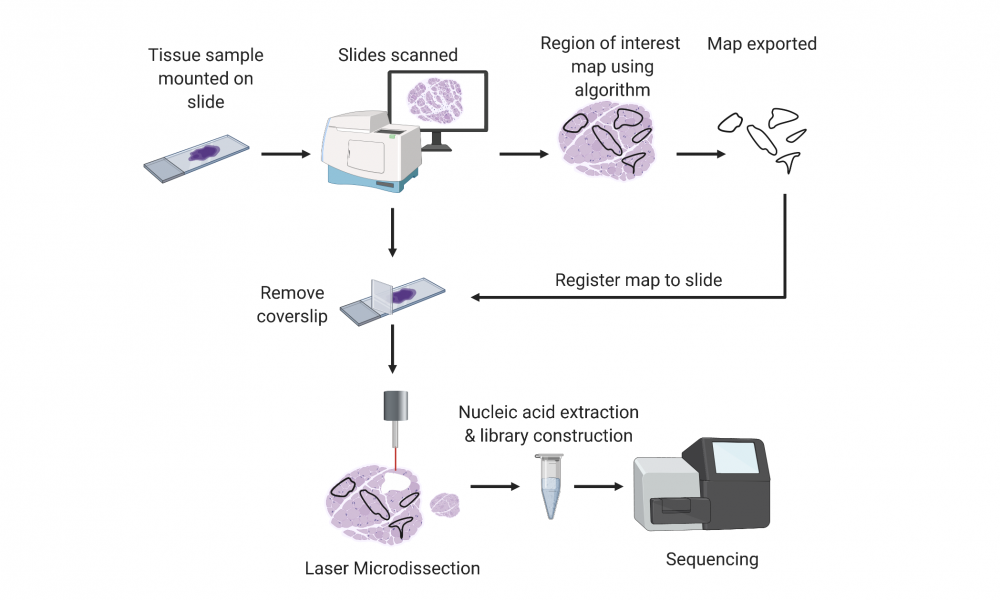
A machine learning algorithm for automated tumour sample processing
As researchers work towards establishing whole genome and transcriptome analysis into clinical practice for cancer care, scientists at the GSC continue developing innovative laboratory methods to improve efficiency and accuracy.
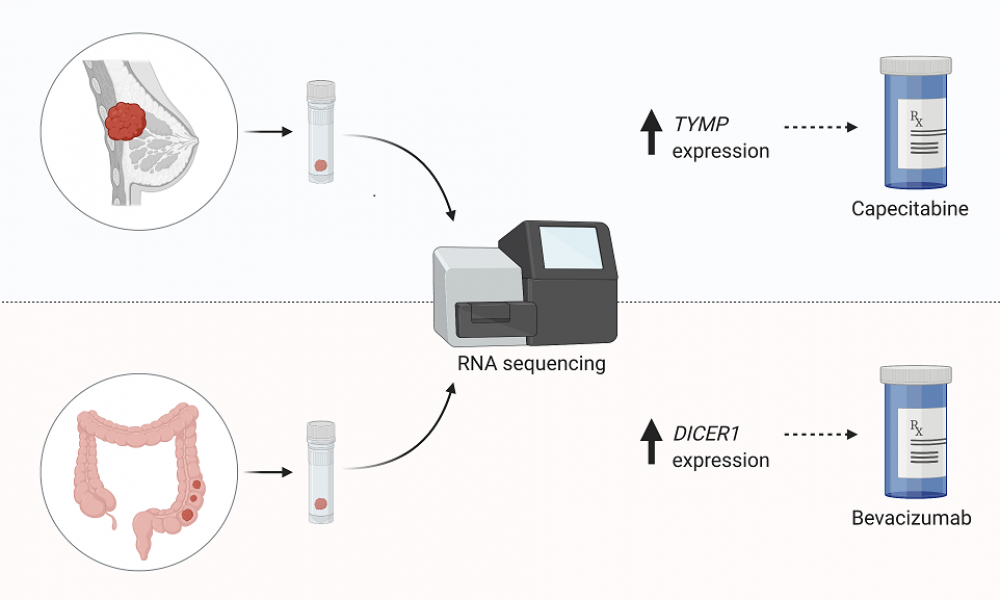
POG researchers uncover potential biomarkers for the treatment of advanced stage breast and colorectal cancer
Cancer is a disease of the genome, and research has shown that the genomic alterations in a tumour influence treatment response and failure. For advanced-stage breast and colorectal cancer, tumour sequencing has now uncovered key alterations that can guide clinicians in determining the best course of treatment for their patients.
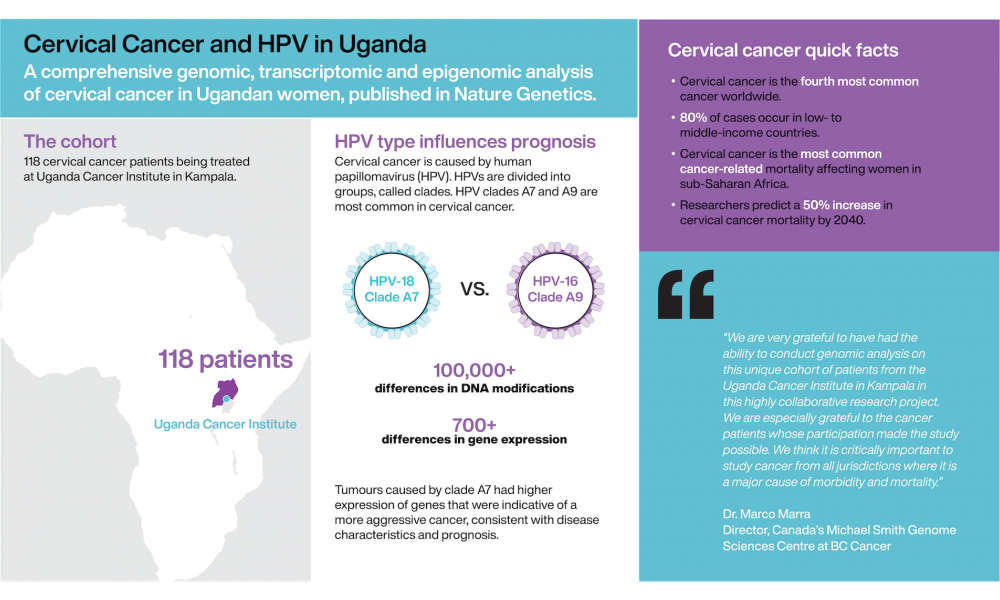
An in-depth analysis of cervical cancers in Ugandan women
Cervical cancer disproportionately affects women in sub-Saharan Africa where it is the most common cancer-related mortality and has disease rates higher than any other region in the world (1). Yet studies of the disease have predominantly focused on non-African populations.
An international team of researchers, in work led by Canada’s Michael Smith Genome Sciences Centre (GSC) at BC Cancer, have now published an analysis of the genomic characteristics of cervical cancers in Ugandan women.
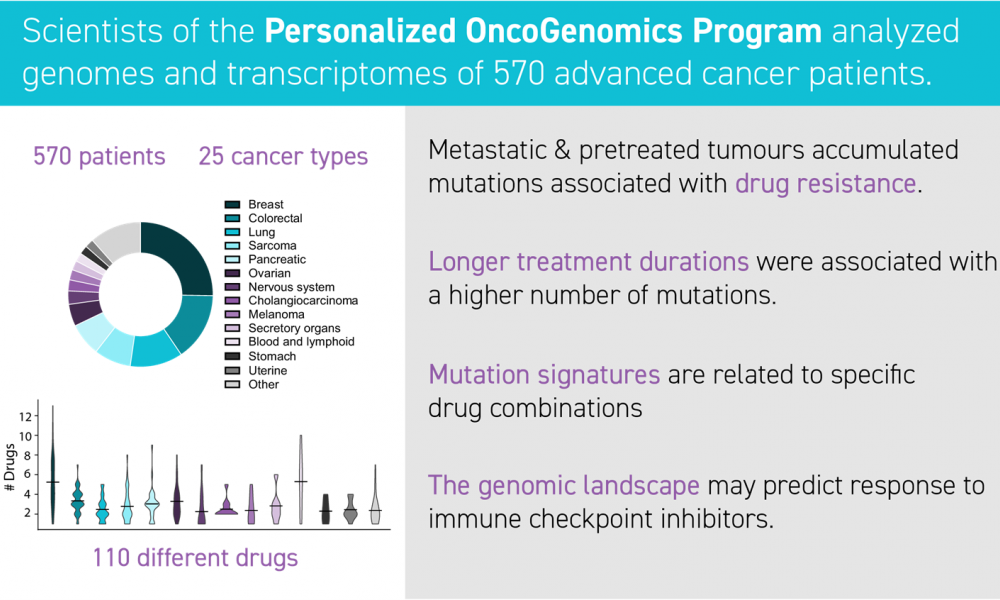
DNA sequencing reveals the scars of cancer treatment
A comprehensive analysis of 570 advanced cancer patients has revealed the genetic changes that occur following chemotherapy, providing scientists and clinicians with valuable insight into advanced cancers and drug resistance.
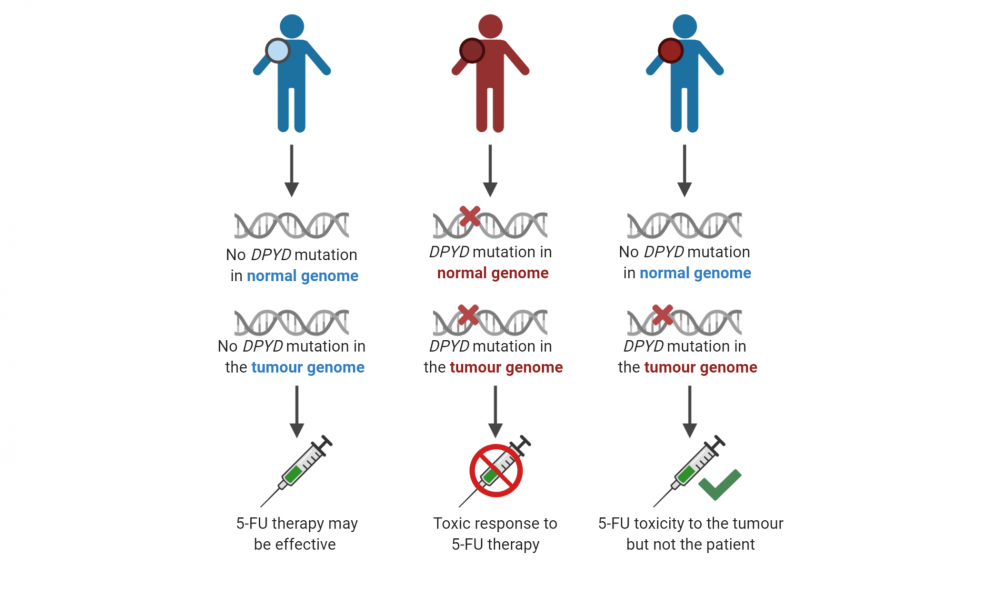
Genome sequencing helps prioritize cancer treatment options
5-Fluorouracil, commonly known as 5-FU, is a drug used for the treatment of multiple cancer types. For some patients, 5-FU can lead to toxicity. But by using the power of whole genome sequencing, scientists have shown that for other patients, 5-FU may be a potent double-edged sword for the treatment of cancer.